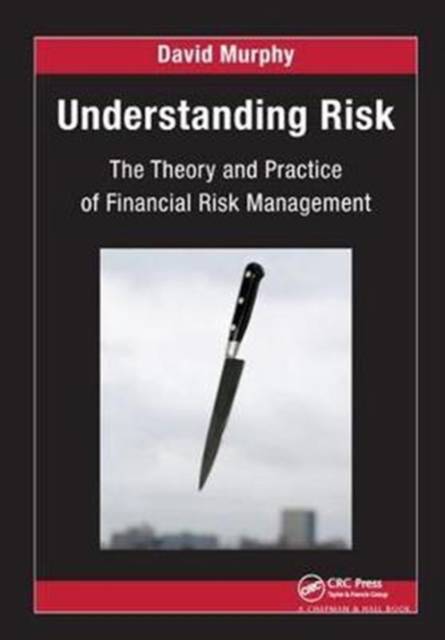
- Retrait gratuit dans votre magasin Club
- 7.000.000 titres dans notre catalogue
- Payer en toute sécurité
- Toujours un magasin près de chez vous
- Retrait gratuit dans votre magasin Club
- 7.000.0000 titres dans notre catalogue
- Payer en toute sécurité
- Toujours un magasin près de chez vous
Description
Sound risk management often involves a combination of both mathematical and practical aspects. Taking this into account, Understanding Risk: The Theory and Practice of Financial Risk Management explains how to understand financial risk and how the severity and frequency of losses can be controlled. It combines a quantitative approach with a more informal style, giving readers a blend of analysis and intuition.
Divided into four parts, the book begins by introducing the basics of risk management and the behavior of financial instruments. The next section focuses on regulatory capital standards and models, addressing value-at-risk (VaR) models, portfolio credit risk, tranching, operational risk, and the Basel accords. The author then deals with asset/liability management (ALM) and liquidity management. The last part explores structured finance and a variety of new trading instruments, including inflation-linked products, sophisticated equity basket options, and convertible bonds.
With numerous exercises, figures, and examples throughout, this book offers valuable insight on various aspects of financial risk management.
Spécifications
Parties prenantes
- Auteur(s) :
- Editeur:
Contenu
- Nombre de pages :
- 470
- Langue:
- Anglais
- Collection :
Caractéristiques
- EAN:
- 9781138426252
- Date de parution :
- 02-08-17
- Format:
- Livre relié
- Format numérique:
- Genaaid
- Dimensions :
- 178 mm x 254 mm
- Poids :
- 1029 g

Les avis
Nous publions uniquement les avis qui respectent les conditions requises. Consultez nos conditions pour les avis.






